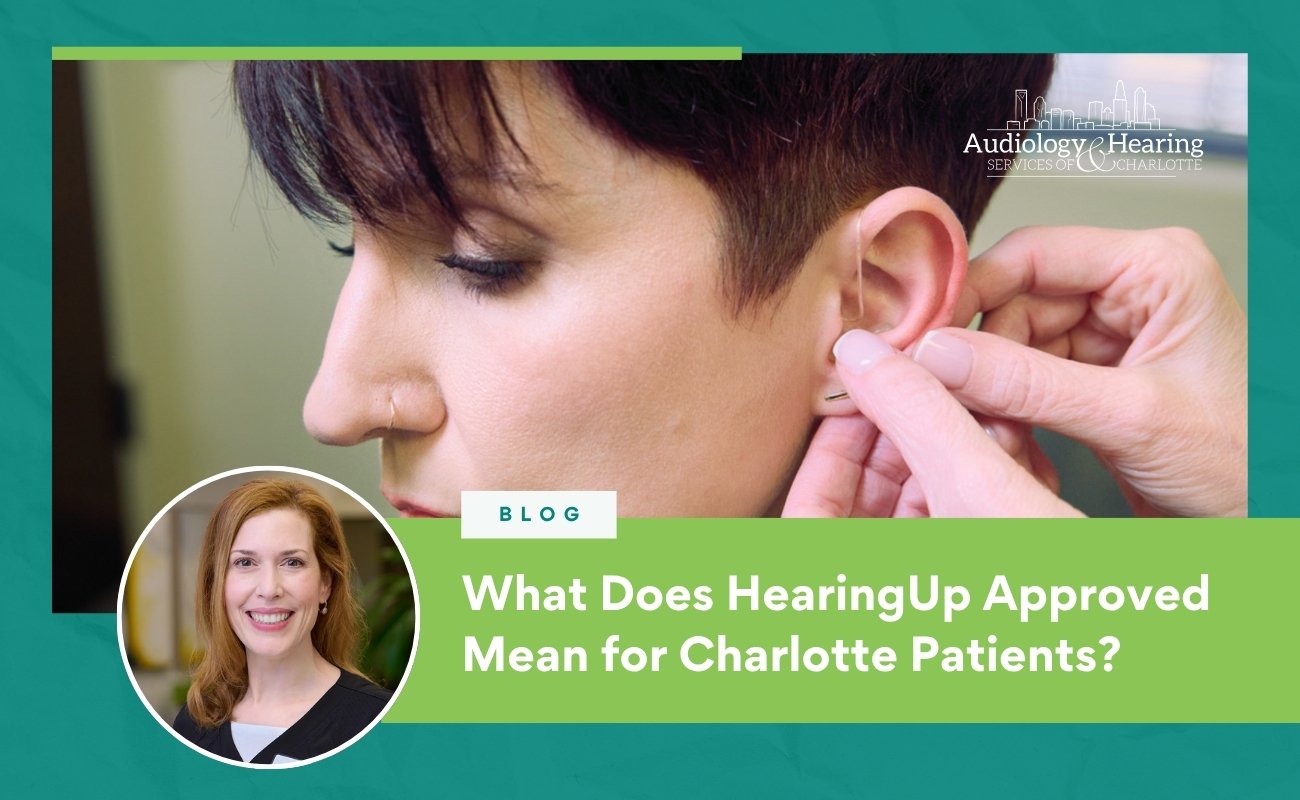
Ask an Audiologist: Does Hearing Loss Impacts Brain Health?

Have you ever wondered about the broader implications of hearing loss beyond just the ears? In this article, we delve into the intriguing connection between our auditory health and the brain. Join us as we uncover the surprising ways in which hearing loss can affect our cognitive well-being and reshape our understanding of the mind-body relationship.
Understanding Hearing Loss
Hearing loss, also termed as deafness or hearing impairment, is a condition that disrupts a person's ability to perceive sounds. Numerous factors contribute to this condition, including aging, genetic predisposition, and exposure to loud noises. There is a broad spectrum of hearing loss types and degrees, each with distinct symptoms and treatment options.
The Role of Hearing in Brain Health
Hearing plays a crucial role in our overall health and well-being. Here is how it impacts our brain health:
Cognitive Function
Hearing is essential for cognitive function as it enables us to process and comprehend speech and other sounds in our environment. Difficulty in hearing can lead to a decrease in cognitive function.
Brain Stimulation
Hearing provides the brain with the necessary stimulation, keeping it active and engaged. This helps delay the onset of age-related cognitive decline.
Social Interaction
Hearing is critical for social interaction and communication. Trouble in hearing can lead to social isolation and a decrease in social interaction, impacting mental health and well-being negatively.
Brain Plasticity
Hearing also plays a role in brain plasticity, the brain’s ability to change and adapt. This indicates that the brain can continue to learn and grow throughout our lives, even as we age.
How Hearing Loss Affects Brain Health
Hearing loss can have detrimental effects on brain health.
Cognitive Decline
Hearing loss has been linked to an increased risk of developing conditions such as dementia and Alzheimer’s disease, leading to cognitive decline.
Depression and Isolation
Hearing loss can lead to depression and social isolation, as individuals may find it challenging to communicate and participate in social activities.
Decreased Brain Activity
Hearing deficiency is associated with decreased brain activity in the auditory cortex, the brain area responsible for processing sounds.
**Hearing Loss and Dementia: New Evidence Reinforces Link
For years, experts have hinted at a connection between hearing loss and dementia. Now, a 2023 study published in JAMA Neurology adds to that chorus, strengthening the link. In this extensive research involving 356,000 individuals from the UK Biobank, key risk factors for early-onset dementia were identified, including hearing loss.
The study, which began with participants at age 40, compared health data such as blood, urine, and saliva levels. It revealed that alongside factors like obesity, diabetes, and heart disease, hearing loss emerged as a significant risk factor, especially in younger populations.
This finding is crucial for those concerned about dementia, as it suggests that addressing hearing loss could be a vital preventative strategy. Regular hearing checks and timely treatment, such as using hearing aids, may not just improve hearing but also help in reducing the risk of early-onset dementia. This study reinforces the importance of hearing health not just for quality of life but also as a key factor in maintaining cognitive health.
Protecting Your Hearing to Preserve Brain Health
Protecting our hearing is essential in preserving brain health. Here are some strategies:
Use Hearing Protection
If you work in a noisy environment or participate in activities that expose you to loud noise, it is important to use hearing protection to prevent damage to your hearing.
Regular Hearing Tests
Regular hearing tests can help detect hearing loss early so that appropriate treatment can be initiated. Early treatment can help to preserve hearing and prevent further decline.
Maintain a Healthy Lifestyle
A healthy lifestyle, including a balanced diet and regular exercise, can help maintain good overall health and reduce the risk of hearing loss and cognitive decline.
Address Hearing Loss Early
If you have trouble hearing, it is essential to address the problem as early as possible. Early treatment can help slow the progression of sensorineural hearing loss and prevent further decline.
Wrapping up
Hearing is critical for our overall health and well-being, and it has a profound impact on brain health. Protecting our hearing and addressing hearing impairment early can help preserve brain health and prevent cognitive decline. Regular hearing tests, a healthy lifestyle, and the use of hearing protection can all play a role in preserving hearing and brain health.
About Audiology & Hearing Services of Charlotte
Audiology & Hearing Services of Charlotte is a trusted provider of comprehensive audiology services. Our team of professionals is committed to delivering top-quality hearing care, ensuring improved and clearer hearing for our patients. We evaluate and manage common hearing problems, employ advanced treatments, and offer assistive listening devices like hearing aids. Don't hesitate to contact us to schedule an appointment.

Melissa Karp is a board-certified audiologist with special expertise in tinnitus treatment, auditory processing disorder (APD) evaluation, hearing aid fitting and aural rehabilitation.

Related blog posts
Contact us
Get in Touch
Ready to start your journey to better hearing?



Charlotte, NC 28226



